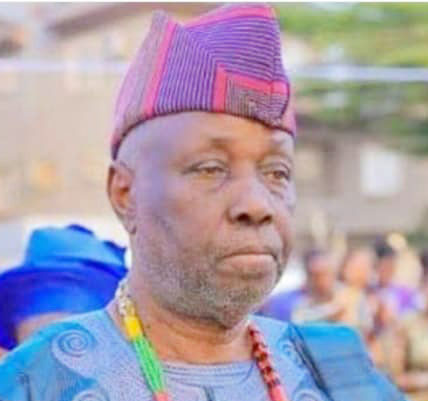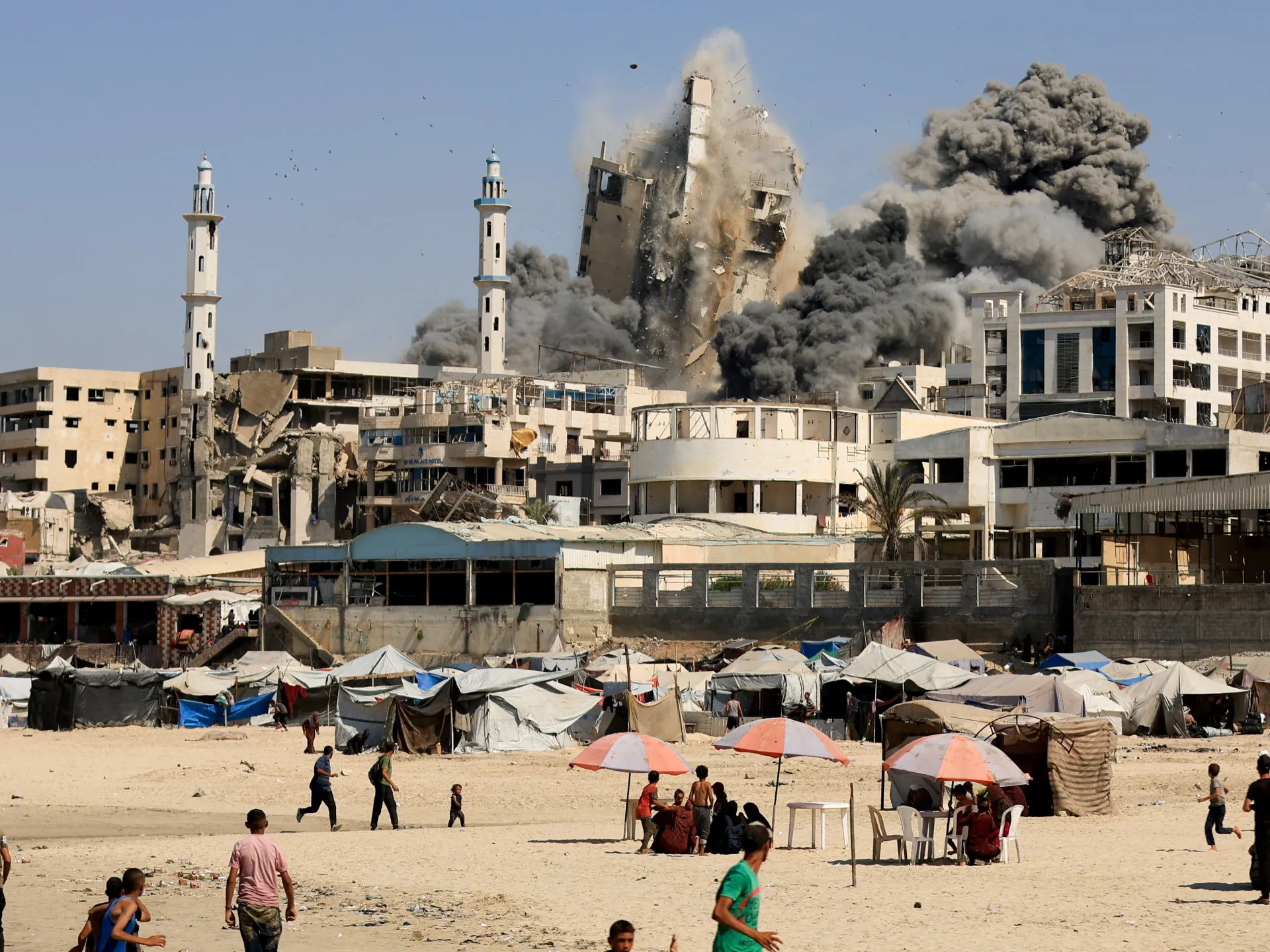By Apata Oyeniran
Copyright independent

Professor Wande Abimbola, a former Vice-Chancellor of Obafemi Awolowo University, now a scholar in many American Universities, featured on a monthly interview discourse, Boiling Point Arena, with the theme “Nigerian Universities: Tower of Crisis, Citadel of Missed Opportunities. Can the Lost Glory be Reclaimed? APATA OYENIRAN monitored the interview. Excerpts:
What is the importance a university to a nation and who is an academic?
A university system is an important part of the fabric of any nation. In 1989, I was the vice-chancellor at the University of Ife, now Obafemi Awolowo University. We were still working fine at that time. However, within five years or less than ten years after my exit from the position of vice-chancellor, I visited the university and almost cried because of what I saw. It has been getting worse since then.
The most important thing about university is funding. We need to ask our governments, both at the federal and state levels, why they were looking on until things got worse and worse in the university system every year. Funding is most inadequate. The federal and state governments don’t really care. Why are they looking on as if they are not concerned? The university system is getting worse and worse in every aspect. As I said, the most important part is funding and today, I don’t even know how the faculty and staff of the Nigerian universities have been able to continue in a situation in which the stipend of both faculty and staff is hardly enough for anybody to live and survive.
Recently, about two years ago, I went back to the university where I was the Vice-Chancellor and visited my department, and I was told that a full professor earns about N500,000. When we converted this into monthly pay, the full professor, who has been there for a long time, will go home at the end of the month with about $300. If you compare that with what academics earn elsewhere in the United States, it’s just about what a professor will use to take care of his garden at the end of the month.
So, if these governments are not interested in supporting the universities, they should wind them up. It’s a shame. When I went to Ile-Ife, the forest where children play had been overtaken. It’s a shame.
The worst part of it is that they are still establishing more universities. Everywhere you look, there’s a university of agriculture, a university of this and a university of that. I think the best thing that we can do now is for the federal government to set up a commission of inquiry on what we can really do to make things better. I think we have reached a stage where we need recommendations, which hopefully the people in charge will look at and use to make things better.
When I left the University of Ile-Ife, it was one of the first 500 universities in the world. Among those 500 universities were 11 universities of Africa, and the University of Ile-Ife was one of them. I doubt if there is any university in Nigeria among the first 500 universities in the world. I am sure that the university authorities also know about this, but why are they not doing anything? And why are they establishing more and more universities when the ones that exist are not catered for?
Why are they not funding existing universities but prefer to establish new ones, or can one say successive governments are deliberately stifling the ivory towers that used to be in cahoots with governments?
I don’t know, but we all know that we are not a fabulously rich country, but I am sure that we can do better. Maybe it’s a lack of understanding as to what a university is supposed to be, and the people in charge don’t understand that. The worst thing is that people in the past, even the recent past, used to think Nigeria is a place where the universities are wonderful because the products are everywhere in the world. We have produced so many people in science, in technology and in the arts, who are teaching or functioning in research and development all over the world. The authorities at the government level should know that things cannot continue to be like this. It’s a shame.
The result of what’s going on in the universities in Nigeria is that the professors are impoverished and they cannot attend international conferences, nor can they write or contribute to international academic journals. The university system is slowly dying before our very eyes. My reply to the colleagues is that something can still be done.
There are opportunities to apply for grants that are given to scholars all over the world. Maybe they should intensify efforts in that regard so that research can continue. But that is limited because the apparatus they will use for the research is not there anymore. After all, nobody is buying new ones. Even if you want to do research, it means that carrying out anything meaningful is limited.
I think part of the problem has been the incessant strikes that we have witnessed, and this is also a result of the inadequate pay that the academic and other levels of staff in the universities are experiencing.
What can be done to salvage the situation, because it is looking like a permanent or long-term problem?
I think we need to find a way by looking elsewhere. One of the areas where we can explore for a solution is in the ranks of the alumni of the universities, especially the older universities like Ibadan, Lagos, and Ife. I’ve been there for a long time, and I have produced many brilliant people in all walks of life. I have lectured at 10 American universities. I taught at Harvard, I taught at Boston University, Amherst College, Colgate University, and Smith College. Let me give you one example. Amherst College is a small university. It’s not actually a university college. Then, the university called for fundraising for their university and invited many people who graduated from there. The university was founded, I think, in 1821, a long time ago. The target for the fundraising was five million dollars. By the time they were winding up, they discovered that they couldn’t reach that target. They were short by one million dollars.
So, they approached one particular person who had donated one million to appreciate his earlier donation. They told him, we see that you have donated one million, but we are short. Please find a way to increase your donation there and then. The man donated the remaining one million for them to reach their target. I think that is one thing that, especially the older universities and even the new ones, can do. Alumni are your wealth.
There are many people who graduated from the Nigerian university system who are very prosperous. Some of them live in Nigeria and elsewhere. Find a way to reach them. When I was at Harvard and Boston University, I discovered that they called their own Vic-Chancellors, they called them Presidents. The President was retiring, and his successor had only a Bachelor of Arts degree. So, I was wondering, how come somebody who doesn’t even have a master’s degree becomes the President of the university? In America, they put a great premium on who can reach out to the university, who can raise funds, who is well-connected with the government, who is well-connected with industry, and who can really help. The biggest asset of any university is the people they have graduated. So, people who will contribute money, maybe they just came for a diploma, or they may not have I’ve spent more than a year or two. And to do that is to involve the people who graduated from your university.
So, the thing to do is, first of all, do whatever is within your resources to make the students happy, make sure that their experience when they are with you as students is so wonderful, and that begins from the Vice Chancellor. The Vice Chancellor should not regard himself as such an executive that he cannot reach the students. Universities should make students happy so that they can regard the university as their own. Some of them spent four, five, six, or seven years, and if they are happy, they will never forget what the effort of the university was as undergraduates.
Even if the government is generous in their donations, you still need the alumni. I am sorry to say that I don’t see much participation of the alumni in the work of the university system in Nigeria.
Can we say that a glory has been lost, or probably there was probably no glory at all?
It is due to a lack of understanding of what a university is supposed to be. The vice-chancellors themselves should spread their wings very wide and be involved in what is going on by getting closer to the students and the Faculty. At OAU, I was close to the students when I was vice-chancellor for seven years. When we have a long vacation, I would set aside one month to tour the halls of residence. We had like six huge halls with a population of 30,000 students because the Adeyemi College and the School of Agriculture at Moore Plantation were part of us.
I made sure that when the students come back, all the toilets that were damaged before they left are repaired. I would set one month aside, going from halls to rooms, look into the toilets accompanied by the leadership of the maintenance, the person in charge of water, building and the person in charge of electricity.
This is to ensure that when students are back, everything is in place so that students can be happy. If they are happy when they are with us, when they are no longer with us, some of them will remember us. That is one important thing that we can do to get the best from alumni.
Again, I don’t know whether the vice-chancellors or even the governing councils of universities, who are the eyes of government and the institutions, are encouraged to go into the larger society to see what they can do to get support? It seems that it is not part of our culture in Nigeria to encourage people to help society. Society is to act like the parent to every institution, whether it’s a primary a secondary school or university. An institution in that regard is like a child. Every child needs to be fostered. When universities are located in communities, what do communities, traditional leaders do to sustain the institution?



